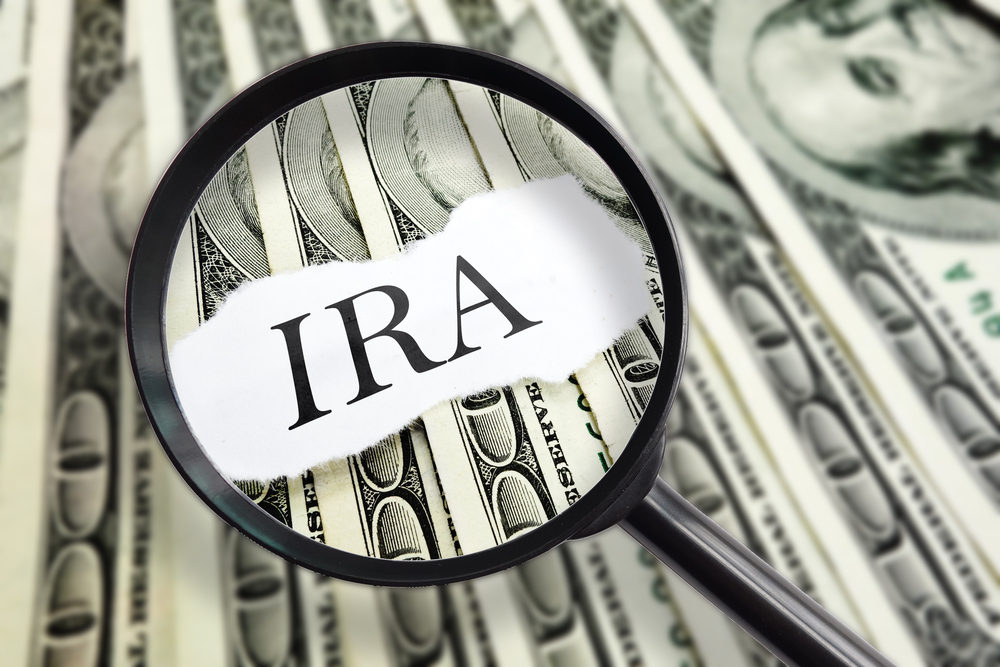Options for Deferring Taxes After Unlocking Your 401(k)
Solo 401(k)
A Solo 401k plan is perfect for any sole proprietor, consultant, or independent contractor. A Solo 401(k) offers the same abilities as a Self-Directed IRA LLC, but without having to hire a custodian or create an LLC. With the IRS approved Solo 401(k) Plan, roll over your existing IRA or 401(k) plan funds tax-free into a new Solo 401(k) Plan and use those funds to make tax-deferred investments, such as real estate, while also gaining the ability to borrow up to $50,000 as well as make annual plan contributions up to $59,000 – almost 10 times the amount of an IRA.
The "checkbook ira"
The term, "checkbook IRA" refers to a limited liability company that is owned by your self-directed IRA and managed exclusively by you. The legal fees to create the LLC must be paid for by your LLC. You determine how much of your IRA money is to be transferred from your IRA account to the LLC's bank account. As manager of the LLC, you have check-writing authority on the bank account and the immediate access to your IRA funds to buy and sell investments as and when the opportunity presents itself - no waiting for your custodian to respond to your directive of investment.You have complete control over all the investment decisions and do not need approval of your IRA custodian to make an investment. You must however, comply with the IRS prohibited transaction rules in managing the LLC, and I will educate you on how to do this.
All assets are acquired in the name of the LLC, but belong to your IRA. If your IRA is a traditional IRA, taxes on all profits realized by the LLC are deferred until you make withdrawals from the IRA. If your IRA is Roth, all profits realized by the LLC are tax-free.
SELF-Directed IRA's: Vary Your investments
Self-directed IRA's are restricted to investments that produce passive income. There are a surprised number of passive investments you can make with an SDIRA. There are restrictions on your IRA contributions and limits on how much much money you can earn and still be eligible to make contribution. For the complete IRS publication on IRA contributions, See Publication 590. However, you can avoid these limits by rolling over money to you SDIRA from other retirement accounts. See the IRS Rollover chart here.



